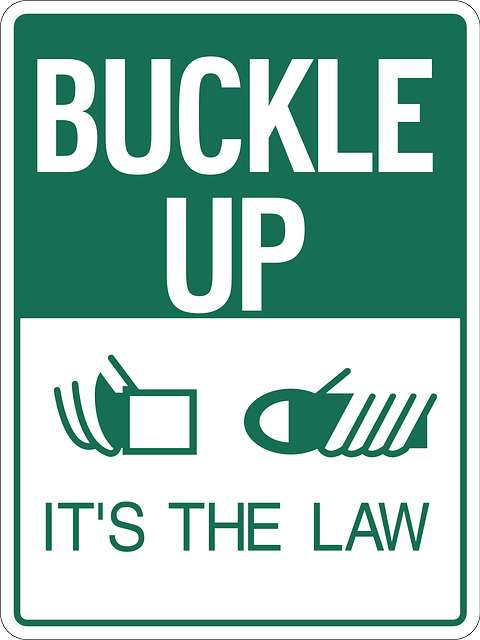Consumer protection laws protect individuals from business misconduct, and when violated, consumers can seek legal redress through lawsuits. Plea bargaining is a strategic tool offering swift resolutions, charge dismissals, and efficiency in these cases. In criminal justice, plea agreements balance justice and resource conservation, benefiting defendants and prosecutors by avoiding lengthy trials. This approach streamlines high-stakes consumer protection suits, ensuring accountability while conserving judicial resources and reducing legal costs for all parties involved.
In the intricate landscape of consumer protection, suits play a pivotal role in upholding justice. This article unravels the intricacies of consumer protection laws and explores the strategic interplay between plea bargaining and criminal cases. We delve into how plea bargaining offers significant benefits, balancing justice and efficiency. Understanding these dynamics is essential for consumers, legal professionals, and policymakers alike, as it contributes to a fairer, more effective legal system in protecting consumer rights.
- Understanding Consumer Protection Laws and Suits
- The Role of Plea Bargaining in Criminal Cases
- Balancing Justice and Efficiency through Plea Agreements
Understanding Consumer Protection Laws and Suits

Consumer protection laws are designed to safeguard individuals from unfair business practices and ensure their rights as consumers. These laws cover a wide range of issues, including product safety, truthful advertising, disclosure of information, and prevention of fraud. When businesses violate these regulations, consumers may have legal recourse through consumer protection suits. Such lawsuits aim to not only compensate affected individuals but also deter similar misconduct by holding companies accountable.
One strategic aspect often employed in consumer protection cases is plea bargaining, which can offer significant advantages for both plaintiffs and defendants. The benefits of plea bargaining in criminal cases extend to ensuring a swift resolution, avoiding lengthy trials, and potentially achieving a complete dismissal of all charges for his clients across the country. This approach allows for more efficient resource allocation and provides an alternative to the complex and time-consuming nature of court proceedings.
The Role of Plea Bargaining in Criminal Cases

Plea bargaining plays a pivotal role in the criminal justice system, offering both benefits for defendants and prosecutors alike. In many cases, it serves as a practical solution that allows for more efficient case management while ensuring due process. For corporate and individual clients facing general criminal defense charges, pleading down to a lesser offense or accepting a deferred prosecution agreement (DPA) can significantly mitigate potential penalties and protect their reputations.
This strategy involves the defendant admitting guilt to a reduced charge in exchange for a lighter sentence or the dismissal of charges. It also fosters a collaborative environment, encouraging open communication between legal teams. As a result, defendants can secure winning challenging defense verdicts while prosecutors benefit from streamlined prosecutions, ensuring resources are allocated effectively.
Balancing Justice and Efficiency through Plea Agreements

In consumer protection suits, balancing justice and efficiency is paramount. One effective strategy that accomplishes both goals is plea agreements. These arrangements allow for the resolution of high-stakes cases without the need for lengthy trials, thereby conserving judicial resources while still ensuring some level of accountability on the part of the defendant. The benefits of plea bargaining in criminal cases are significant, offering a more streamlined process that can lead to quicker resolutions and reduced legal costs for all parties involved.
Plea agreements also provide an opportunity for defendants to avoid indictment, which can be a substantial advantage in complex consumer protection matters. By entering into a plea bargain, businesses or individuals can mitigate potential penalties and focus on rectifying the harm caused to consumers. This approach not only facilitates a more manageable legal landscape but also fosters a sense of fairness, ensuring that justice is served without unnecessarily burdening either the court system or the accused.
Consumer protection suits play a vital role in ensuring fair practices, and while navigating legal complexities, plea bargaining offers significant benefits in criminal cases. By facilitating resolutions that balance justice and efficiency, plea agreements streamline processes, allowing for more focused resources on complex consumer protection matters. Understanding these dynamics is key to enhancing both legal outcomes and the overall protection of consumers.






